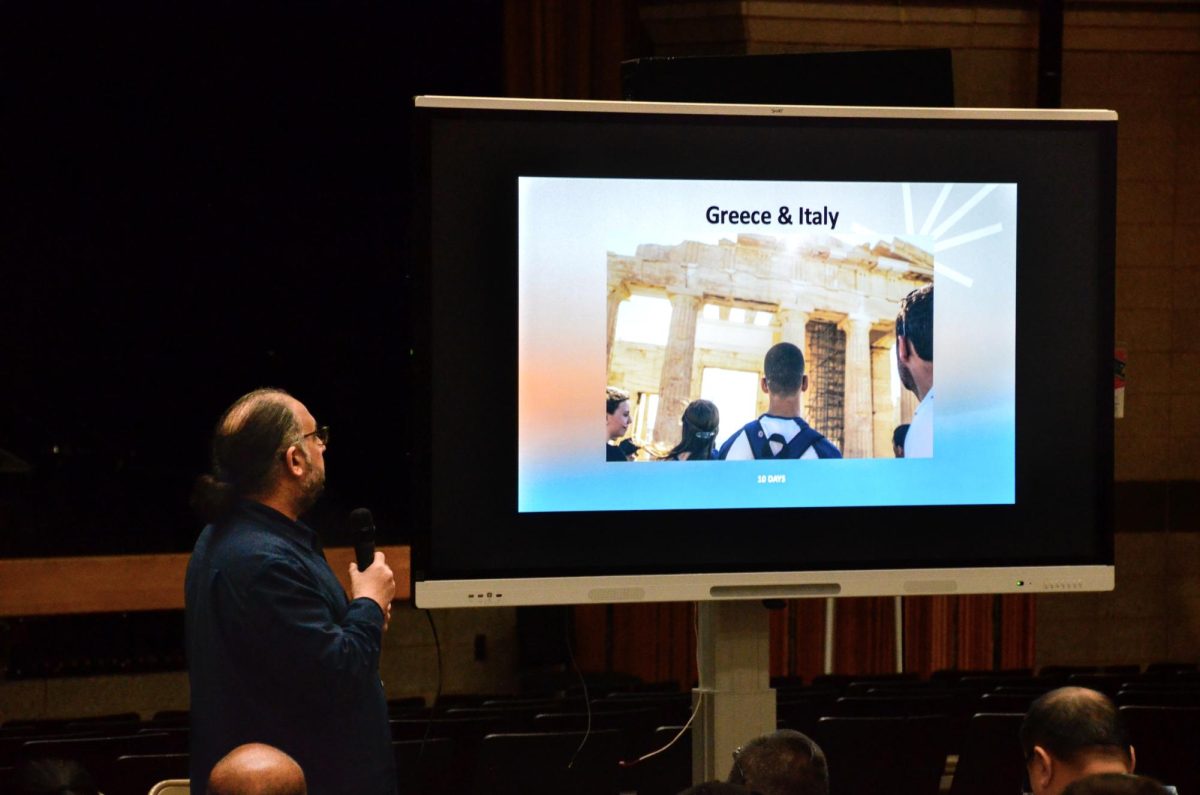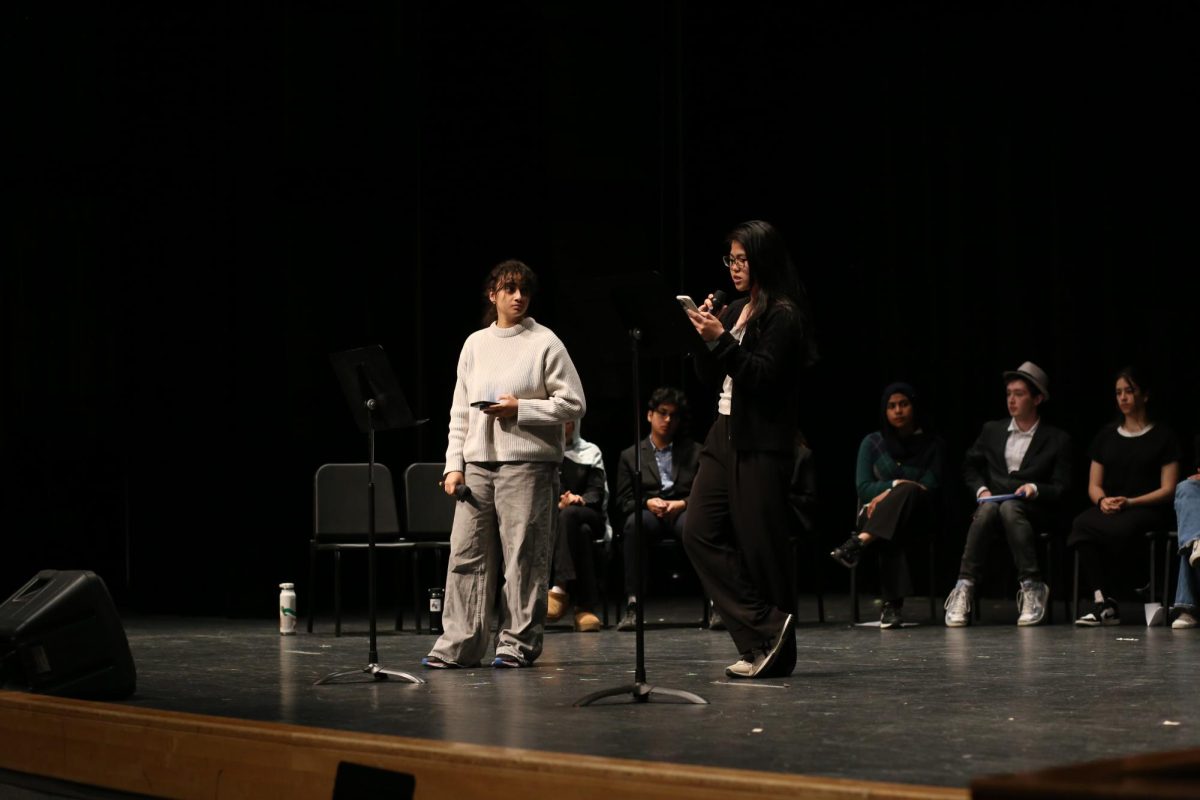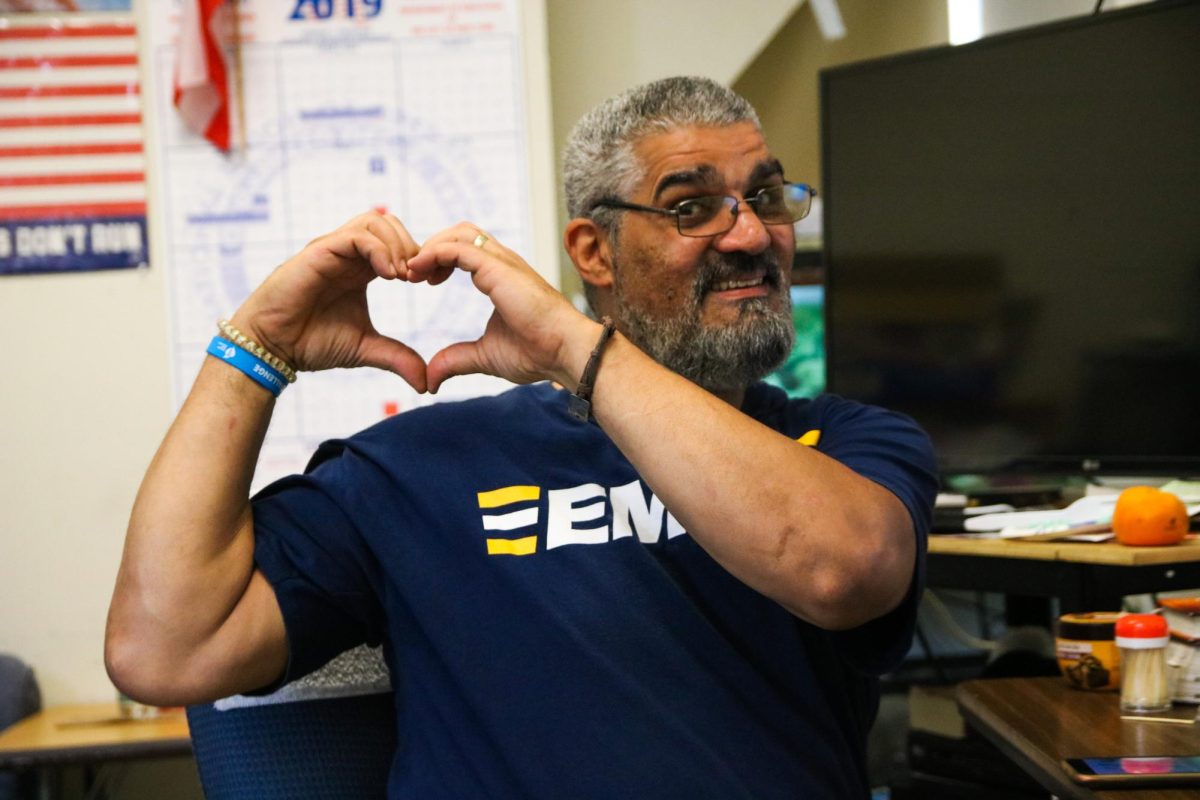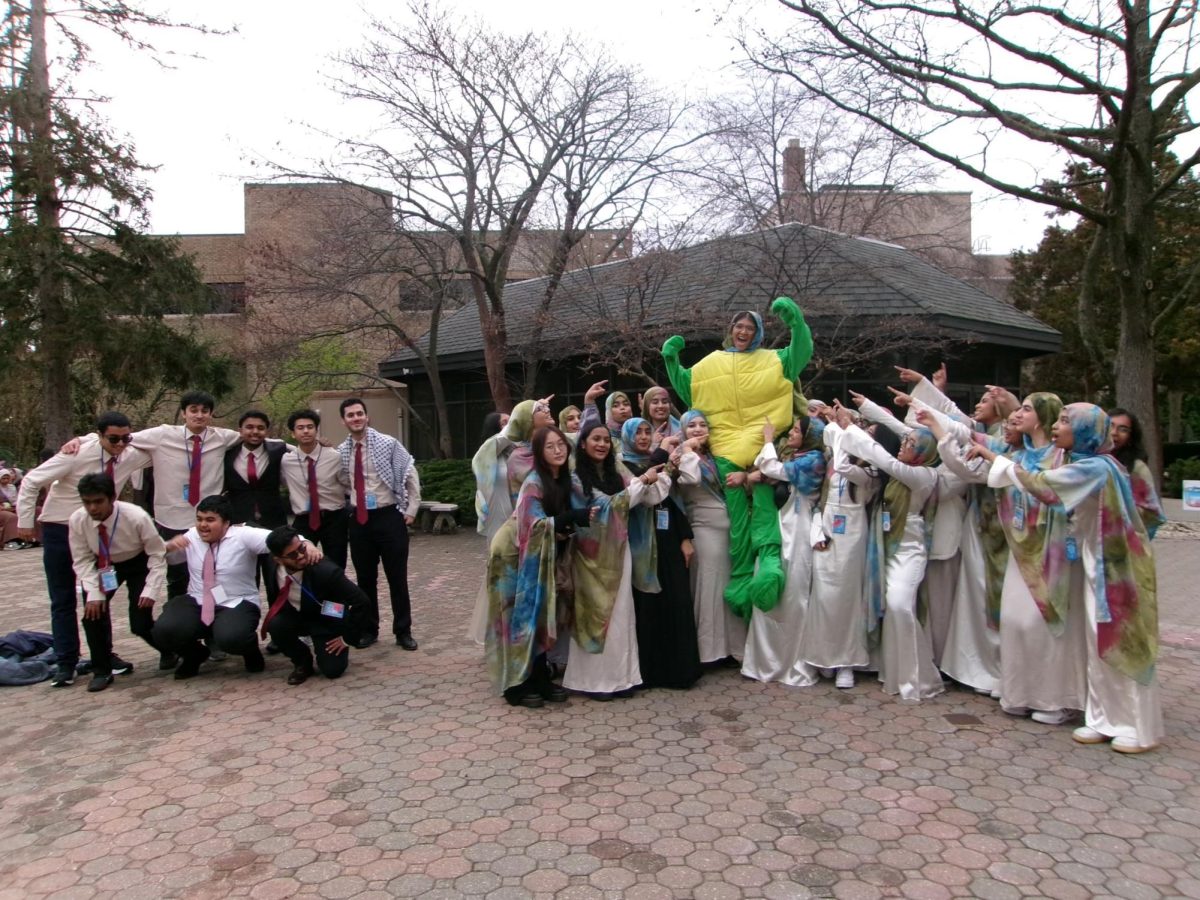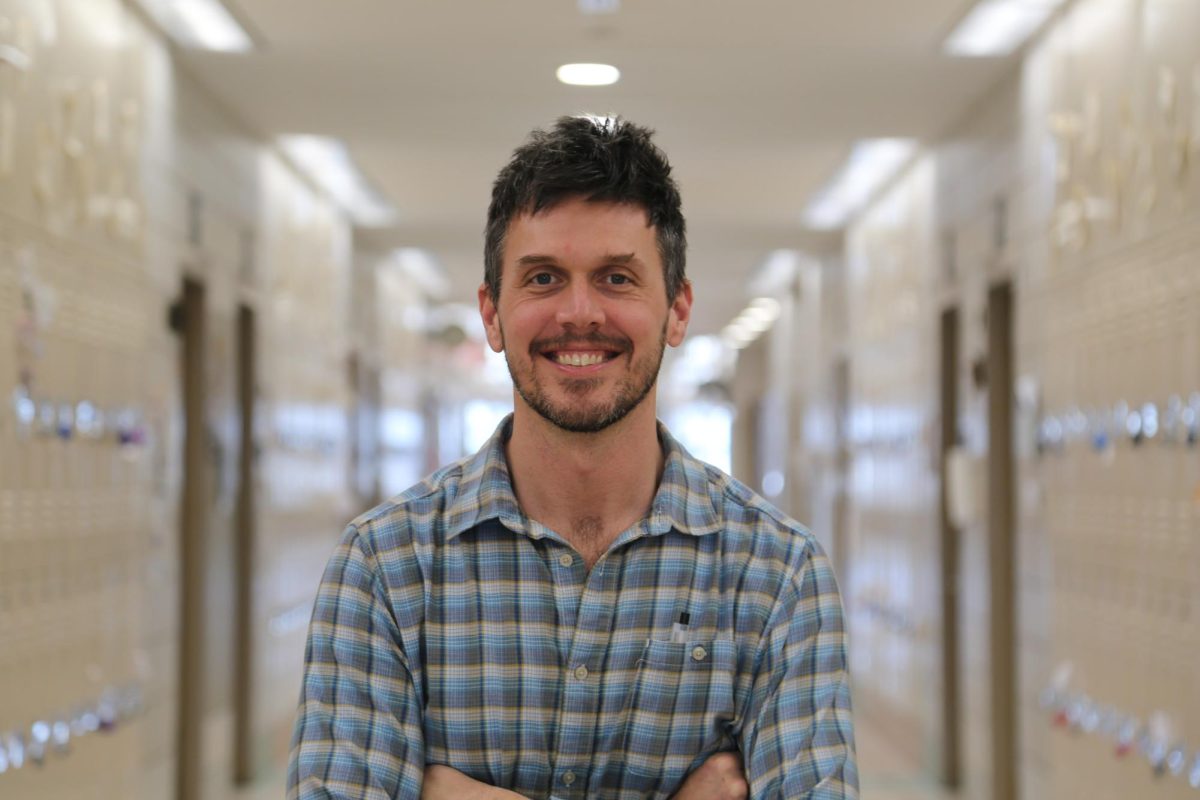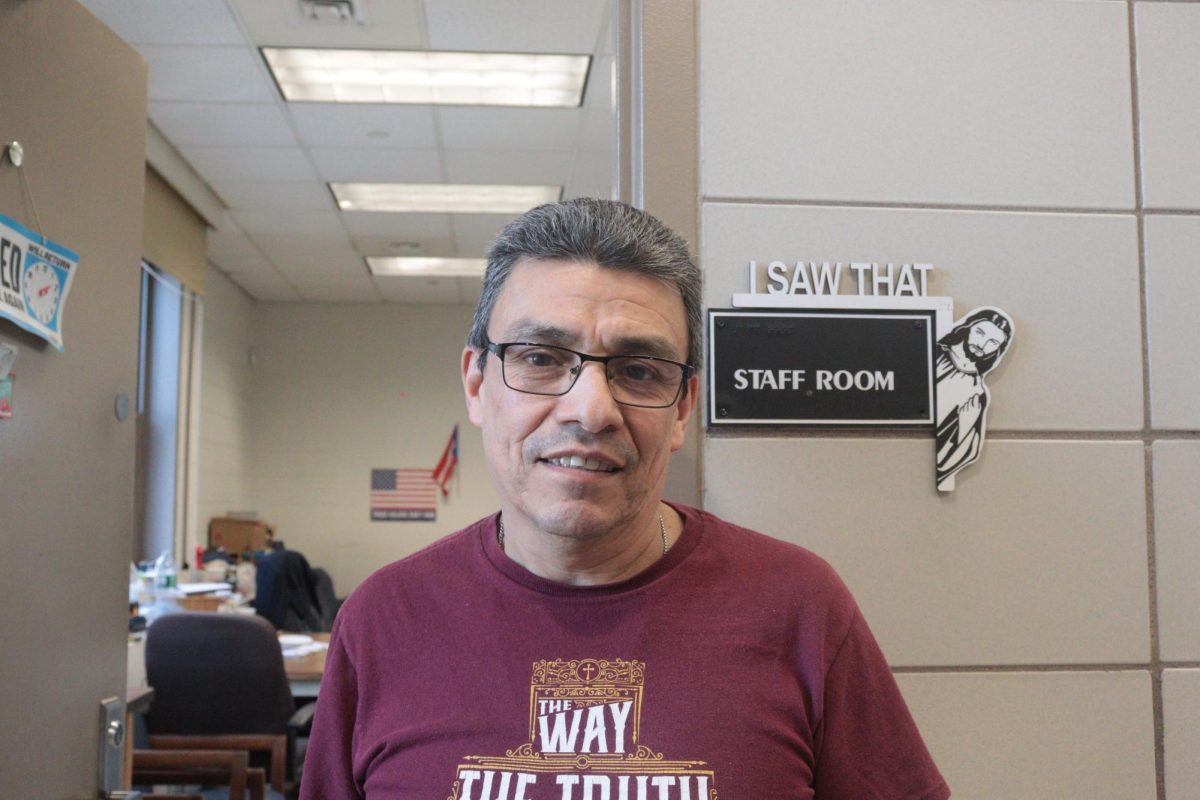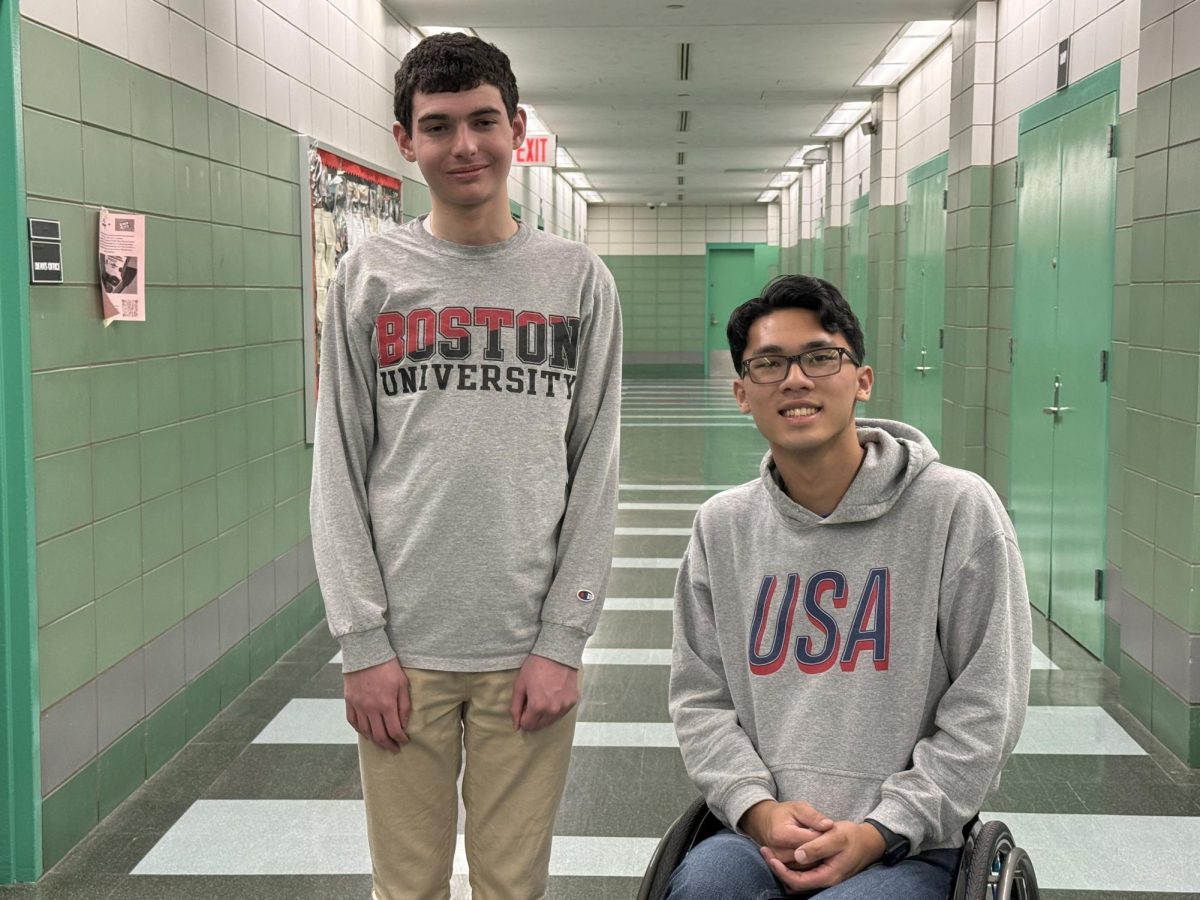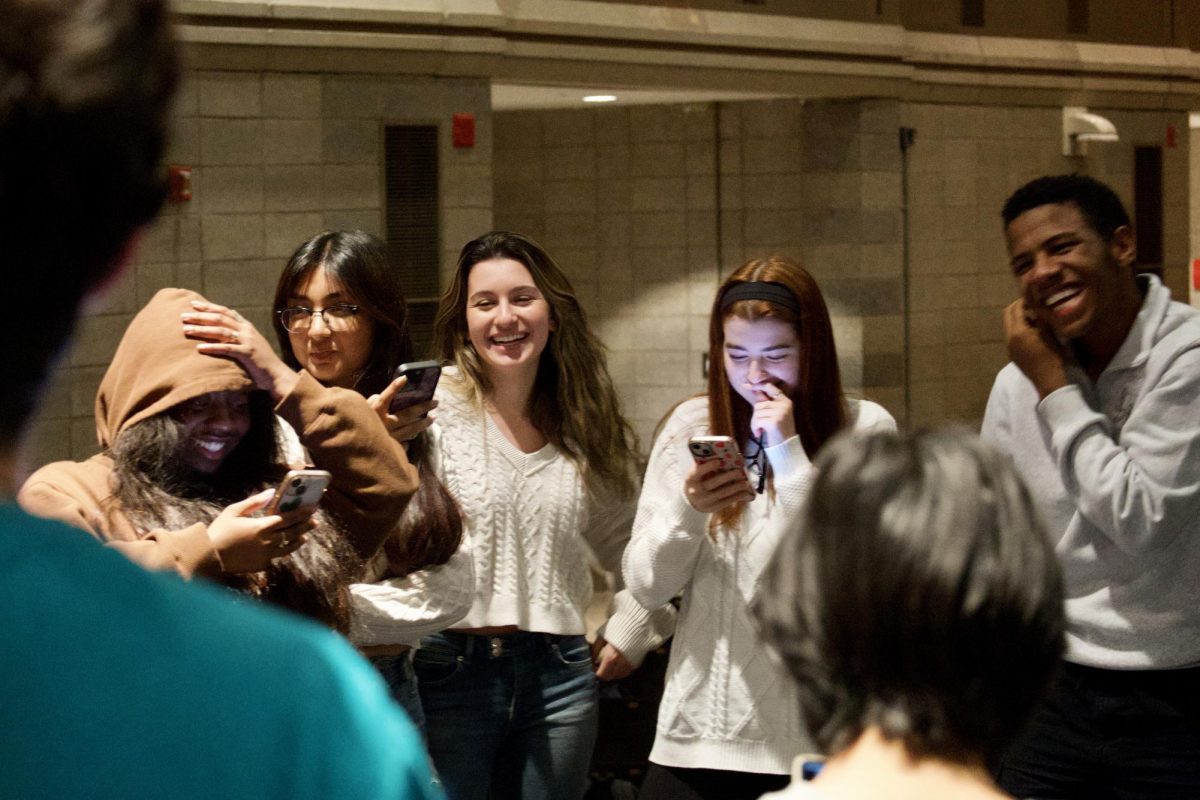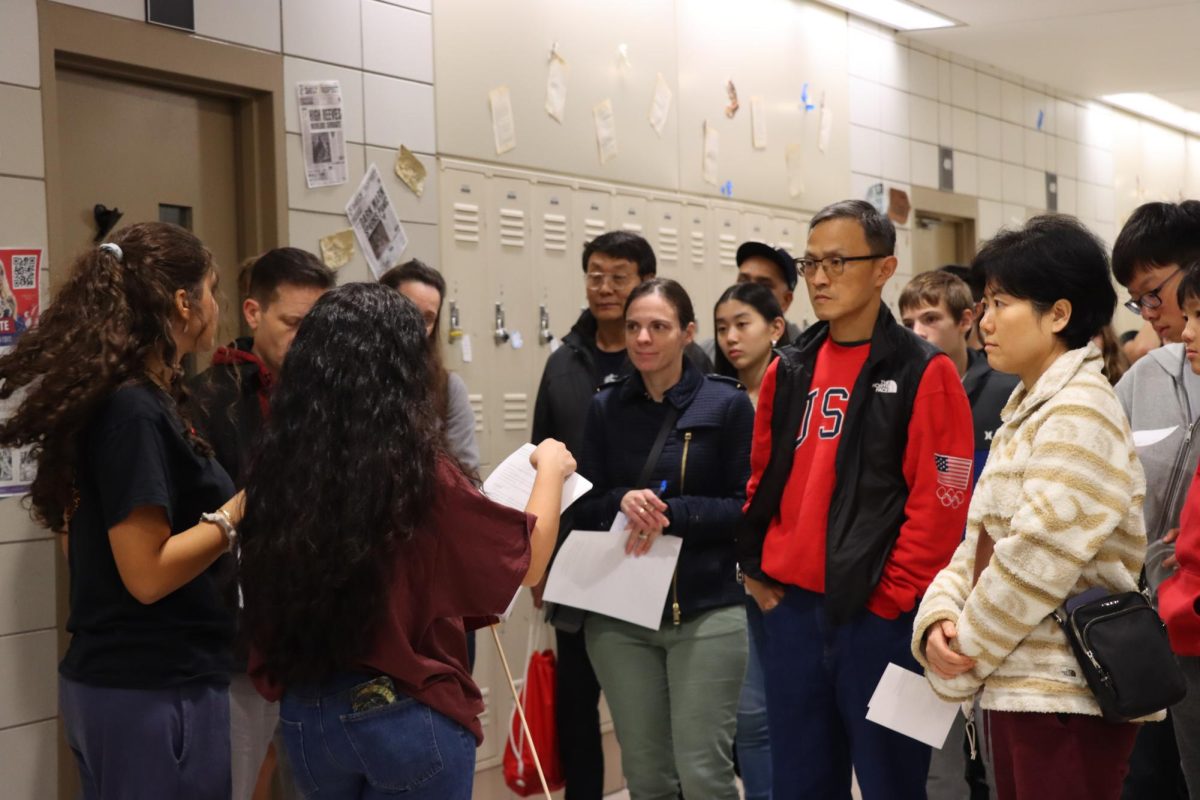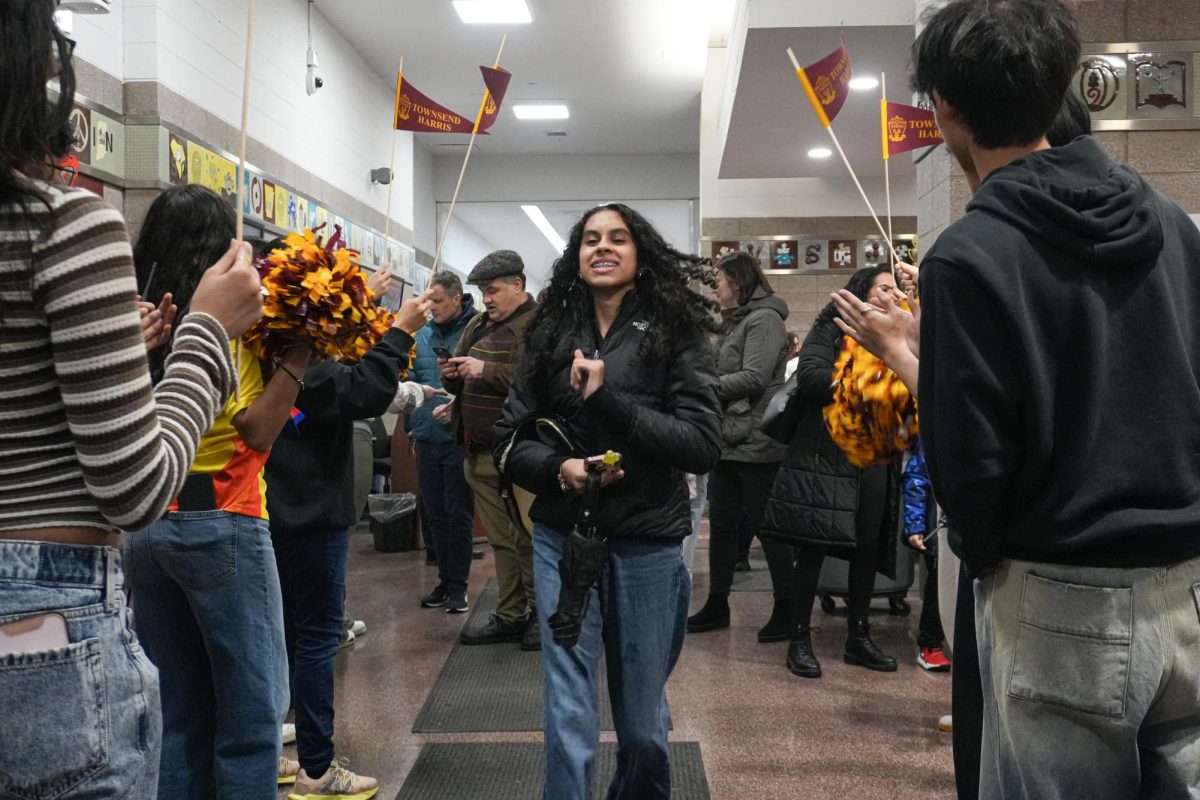
Lately, Townsend Harris has had an influx of student teachers and several new guidance counselors. By this time of the year, most students already have already met the “new recruits.” However, the newest guidance counselor, Mr. Rondell McClary, is still wading through new students and the difficulties of guidance during his first two weeks at school. Mr. McClary is the first Prevention and Intervention Specialist to work at Townsend Harris in four years.
When asked to describe exactly what he does, Mr. McClary says that his “program offers a safe and supportive environment to talk about the teenage issues students are going thorough. It can range from drug and alcohol use to the academic pressure, dating, core relationship with parents, peer pressure, any issue that teenagers are working with today.” Students attending a rigorous school like this one often face extra stress and friendship issues. Many students are even afraid to address these problems with the people equipped to do so. Mr. McClary stated that students should not “be afraid, this isn’t a therapeutic environment. It’s a place where you can talk about whatever bothers you. Don’t worry about it going to your parents and what your friends think.”
Mr. McClary has worked at several other high schools before he came to Townsend Harris. Previously, he served as the specialist for Flushing High School, Martin Van Buren High School, and Forest Hills High School. He states, “I’m still trying to get my finger on the pulse of the school. Many issues that occurred at other schools are happening here, so I think I’ll be good at processing them with students.” Depression and stress are a raging epidemic among students at high schools. Having so much prior knowledge about the needs and problems of students will certainly help him to understand how THHS students feel.
Along with helping students to express their problems, Mr. McClary wants to change the view students have of the guidance department itself. The common idea of guidance counseling is that it is a way to fix problems, so you should only go to a counselor when you have one. McClary disagrees with this: “I think that the stigma of counseling is that you visit me only when something is wrong. It stops a lot of young people from taking advantage of it [the guidance department].” To conclude the interview, Mr. McClary had these words for students: “There’s a new program in the school called youth development, and this program is available to you to help you talk about what you need. It could be fun stuff, or academic impediments. Come talk.”

